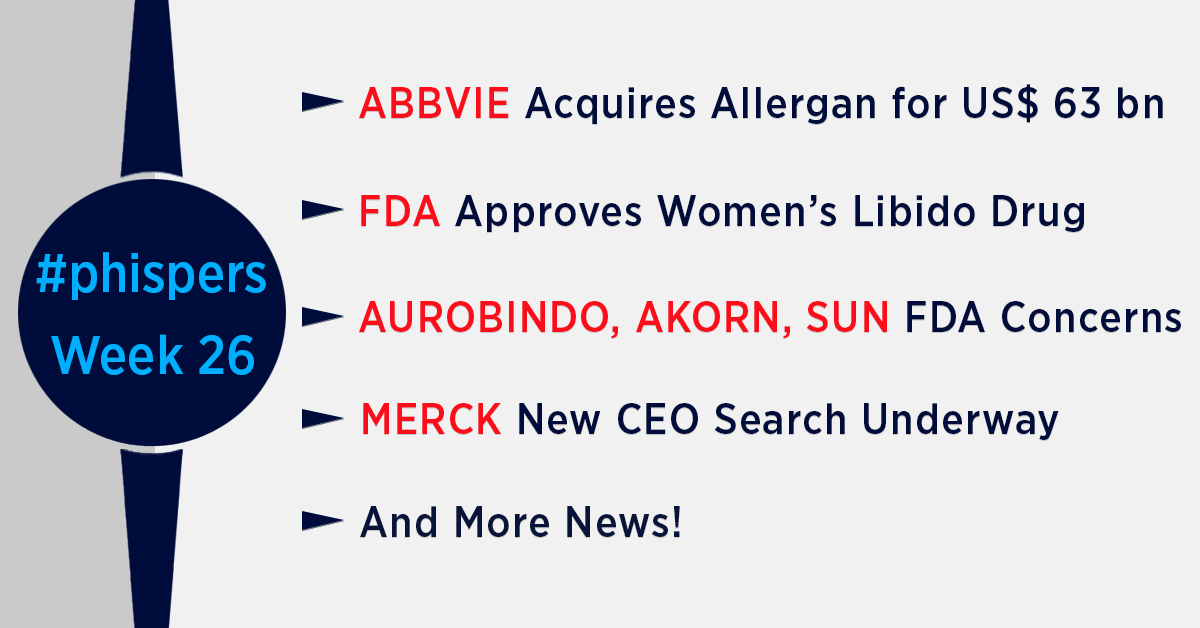
By PharmaCompass
2019-06-27
Impressions: 1,841 Article
Last week, the US Food and Drug Administration approved Vyleesi (bremelanotide) to treat acquired, generalized hypoactive sexual desire disorder (HSDD) in premenopausal women.
HSDD is characterized by low sexual desire that causes marked distress or interpersonal difficulty and is not due to a co-existing medical or psychiatric condition, problems within the relationship or the effects of a medication or other drug substance.
Vyleesi is a controversial drug, known to activate melanocortin receptors. But the mechanism by which it improves sexual desire and related distress is unknown. Patients inject Vyleesi under the skin of the abdomen or thigh at least 45 minutes before anticipated sexual activity.
Vyleesi’s Massachusetts-based manufacturer, AMAG Pharmaceuticals, hopes the drug can do for female sexual desire what Viagra did for erectile dysfunction.
Though Vyleesi’s demonstrated effects are modest, some doctors argue that it is simply pharmaceutical overreach. It has also rekindled the debate over whether sexual desire can be a matter of pharmaceutical science. According to several doctors, human sexuality is complex, and dependent on various factors and cannot be reduced to a set of measurable dots.
There’s already a marketed treatment for HSDD — a pill called Addyi, which had bagged FDA approval in 2015. Addyi too saw controversies, but it hasn’t been a commercial success.
Meanwhile, the FDA rejected Japanese drugmaker Daiichi Sankyo’s quizartinib as a treatment for adults with a type of blood cancer.
The decision follows an advisory committee meeting, held in May, where independent advisers to the FDA voted 8-3 against the drug’s approval to treat acute myeloid leukemia patients with a specific genetic mutation called FLT3.
Several experts in the committee felt the data presented by the company was not strong enough to support an approval and called for further study.
Daiichi said it would evaluate FDA’s complete response letter as well as determine next steps in the United States. Quizartinib has only been approved for use in Japan.
The PharmaCompass Newsletter – Sign Up, Stay Ahead
Feedback, help us to improve. Click here
Image Credit : #Phisper Infographic by SCORR MARKETING & PharmaCompass is licensed under CC BY 2.0
“ The article is based on the information available in public and which the author believes to be true. The author is not disseminating any information, which the author believes or knows, is confidential or in conflict with the privacy of any person. The views expressed or information supplied through this article is mere opinion and observation of the author. The author does not intend to defame, insult or, cause loss or damage to anyone, in any manner, through this article.”







